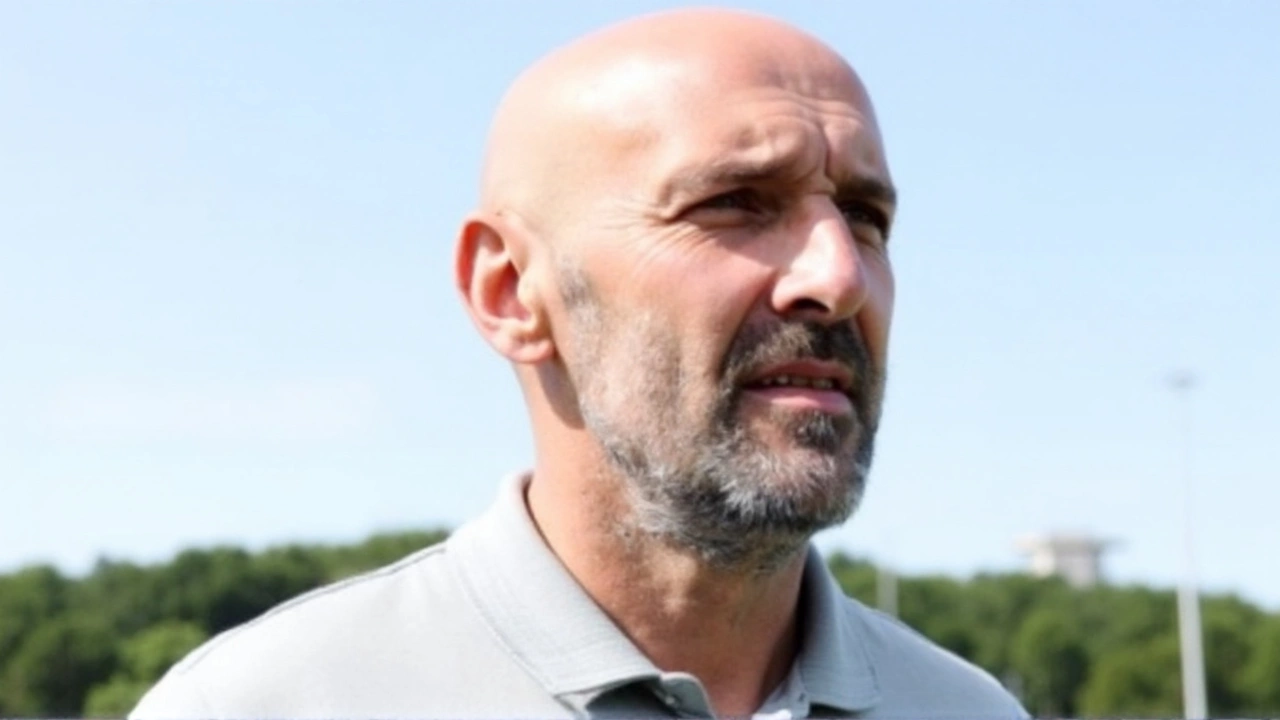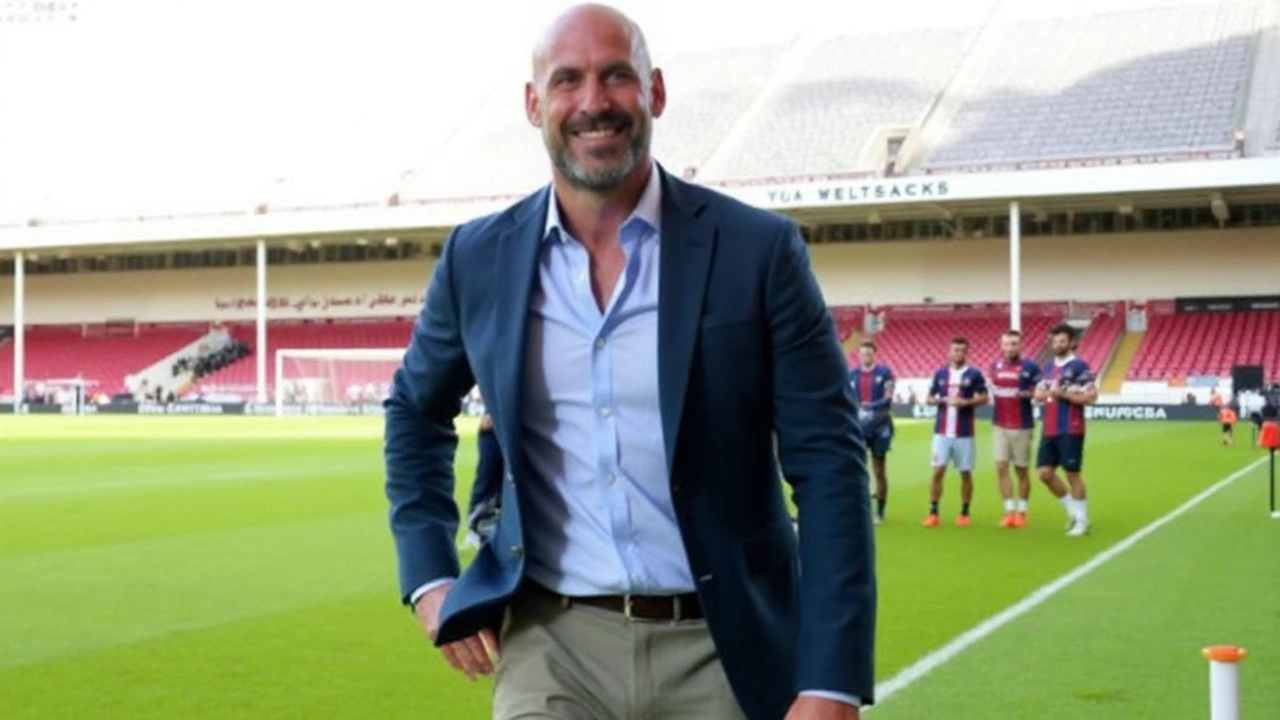When Ramon "Monchi" Munir stepped into the role of sporting director at Roma in the summer of 2017, expectations were sky‑high. The Andalusian mastermind had built a reputation for turning modest budgets into trophy‑winning squads at Sevilla. Yet, just over a year later, he walked out of the Stadio Olimpico, citing a series of recruitment blunders that left the capital club scrambling.
The ill‑fated 2018 summer window
Monchi’s most infamous period came in the 2018 summer transfer market. In a bid to overhaul the squad, he authorized the arrival of 13 players, draining the club’s coffers by roughly £147.5 million while recouping a meagre £35 million in sales. The list reads like a who’s‑who of big‑ticket signings that never quite fit:
- Javier Pastore – a former Ligue 1 star whose pace and creativity fizzled on the Italic pitches.
- Steven Nzonzi – a defensive midfielder expected to anchor the middle but struggled to adapt to the tactical demands.
- Patrik Schick – a promising striker who never found consistency under the club’s shifting formations.
- Justin Kluivert – a youngster with flair but limited minutes, sparking debates about his development.
- Rick Karsdorp and Iván Marcano – defensive reinforcements who barely saw the bench.
Only two names could be deemed genuine successes: Nicolo Zaniolo, the exuberant Italian midfielder who eventually earned a move to bigger stages, and Bryan Cristante, a versatile player who managed to stay relevant despite the chaos.
Monchi later confessed, "With Pastore I made a mistake," acknowledging that the Argentine’s style didn’t mesh with the team’s needs. The broader issue, however, wasn’t just one off‑target signing; it was a systemic failure to align player profiles with the club’s identity.

Why the recruitment strategy fell apart
Monchi’s own words shed light on the root causes. He admitted that he entered Rome without a solid grasp of what the club represents for its fans, the city, and the relentless press. "The big mistake was that I had to better understand what Roma was. What it stands for the city, the fans and the press. And when I realised it, it was late," he told reporters.
This cultural blind spot manifested in two concrete ways:
- Misreading tactical needs: Coach Eusebio Di Francesco was looking for balance, yet Monchi supplied a quartet of attacking midfielders while neglecting defensive solidity. The result was a side that looked beautiful on paper but lacked the spine to compete regularly in Serie A.
- Rushing decisions under pressure: Roma demanded immediate results, and the clock kept ticking. Monchi said, "In Rome I didn't have time to correct my mistakes. Nobody waits for you." The urgency forced hurried signings that never received the patience needed to settle.
Time constraints also meant that the scouting department couldn’t conduct the deep‑dive analyses it usually performed at Sevilla. Players like Nzonzi and Kluivert arrived with impressive résumés but without thorough vetting of how they'd blend with Di Francesco’s fluid system.
Another factor was the financial juggernaut of competing clubs. While Roma poured money into transfers, rivals such as Juventus and Inter were also splurging, inflating prices and leaving Roma with fewer options. Monchi’s lack of familiarity with the Italian transfer market further hampered negotiations, leading to overpaying for under‑performing assets.
Beyond the on‑field ramifications, the transfer saga strained relationships within the club. Fans grew restless, the media piled on criticism, and the board’s patience wore thin. Monchi took most of the heat, stating, "95% of the responsibility was mine during that period of time. I wasn't myself." His admission underscores how personal stress can seep into professional judgments.
Ultimately, the recruitment missteps contributed to a failure to secure a Champions League berth. Missing out on Europe’s premier competition not only hit the club’s prestige but also its revenue streams, creating a vicious cycle of budget pressure and desperate signings.
Monchi’s tenure at Roma serves as a cautionary tale for sporting directors venturing into unfamiliar football cultures. Understanding a club’s DNA, aligning with the coach’s philosophy, and giving new signings a realistic runway to adapt are non‑negotiable ingredients for success. The episode also reminds clubs that impatient boards can push executives into rushed decisions that backfire spectacularly.
While Monchi’s spell ended in February 2019, the echoes of that turbulent window still reverberate in Roma’s transfer approaches today. The club has since adopted a more measured scouting model, emphasizing youth promotion and strategic loans, a direct response to the costly lessons from the Monchi era.
